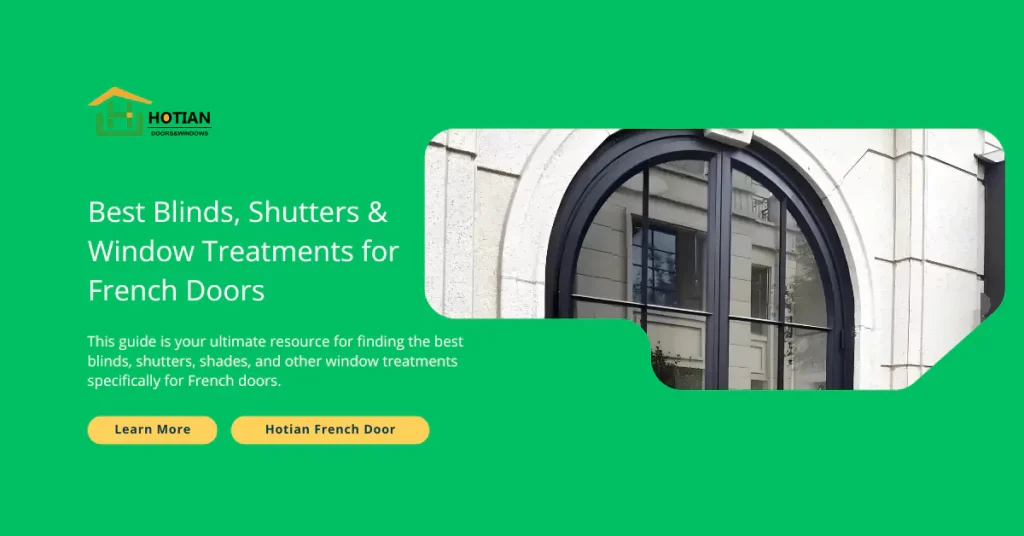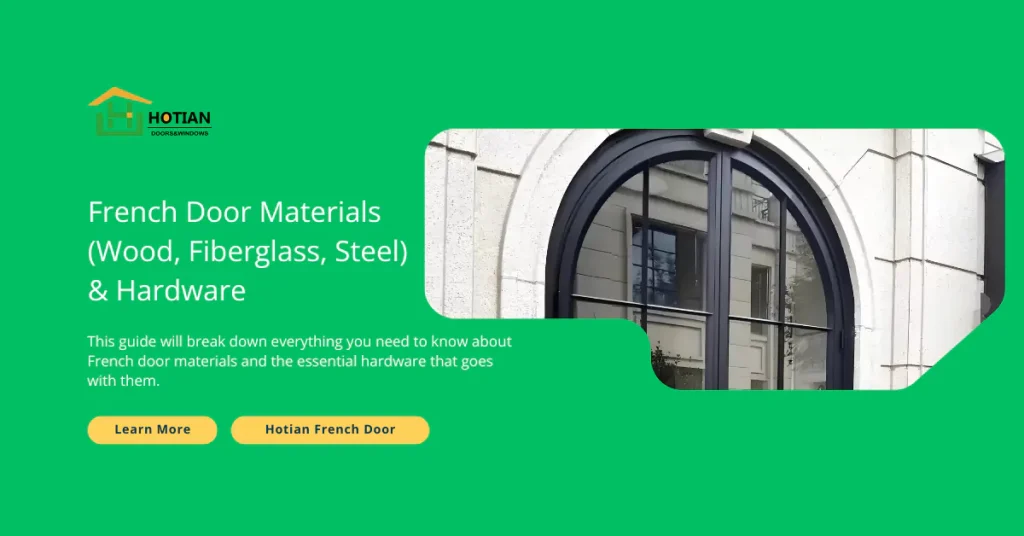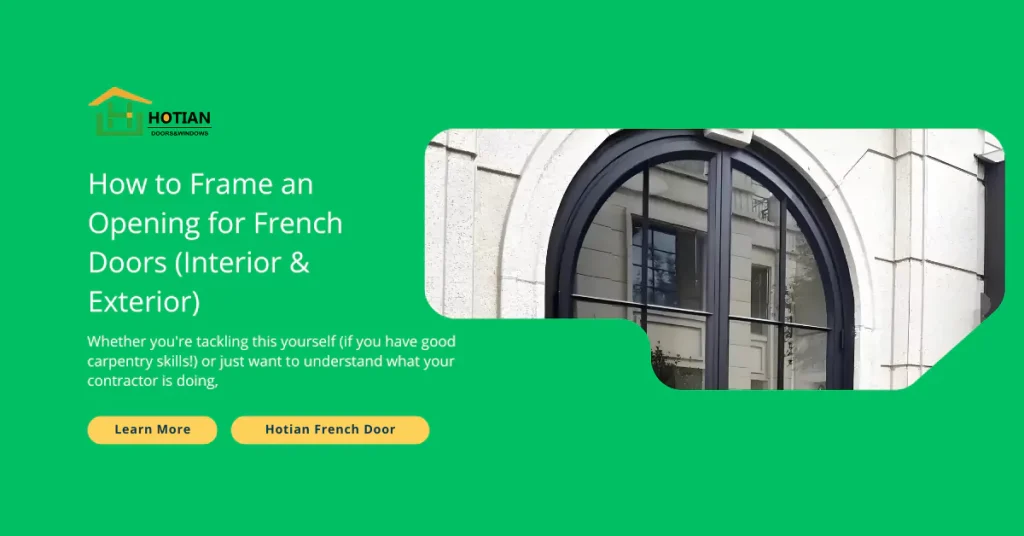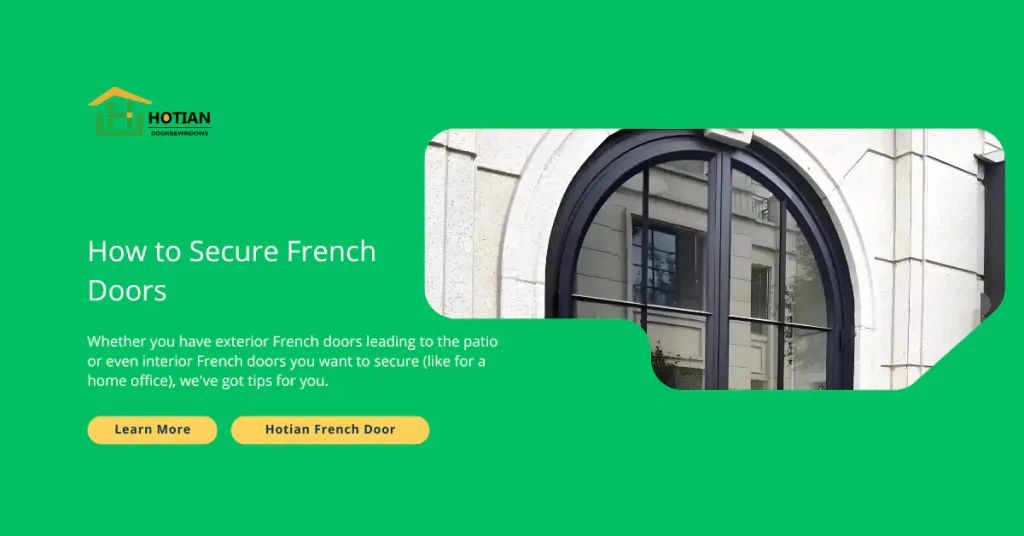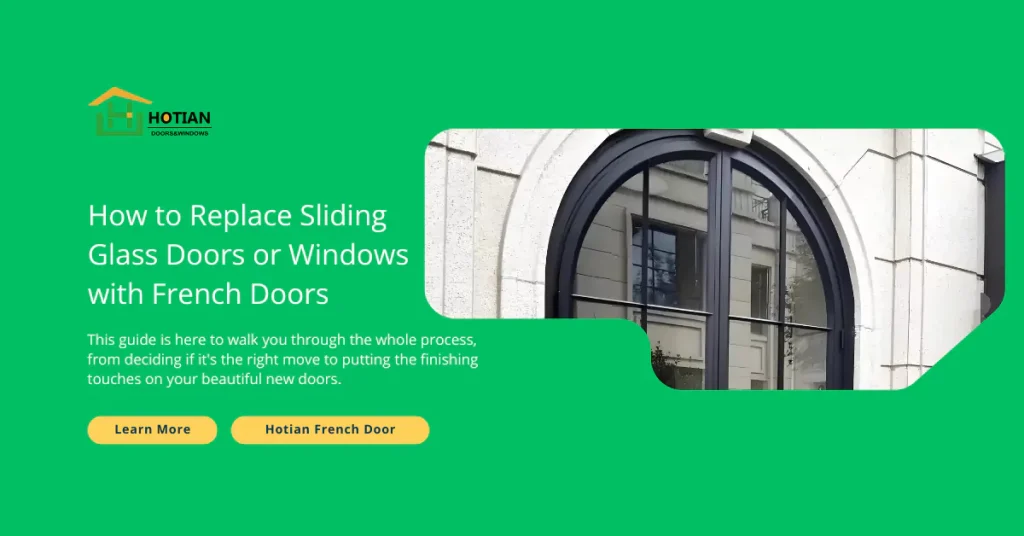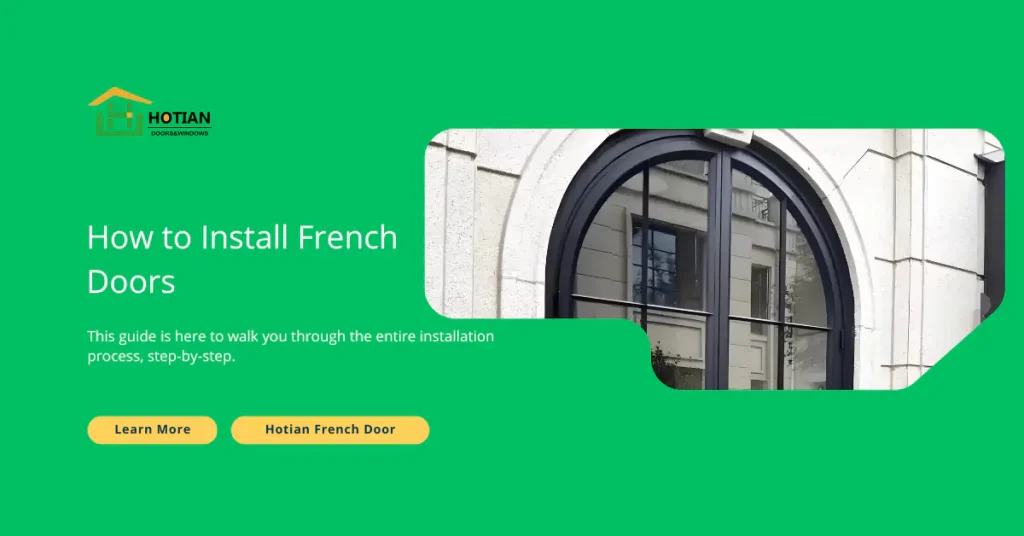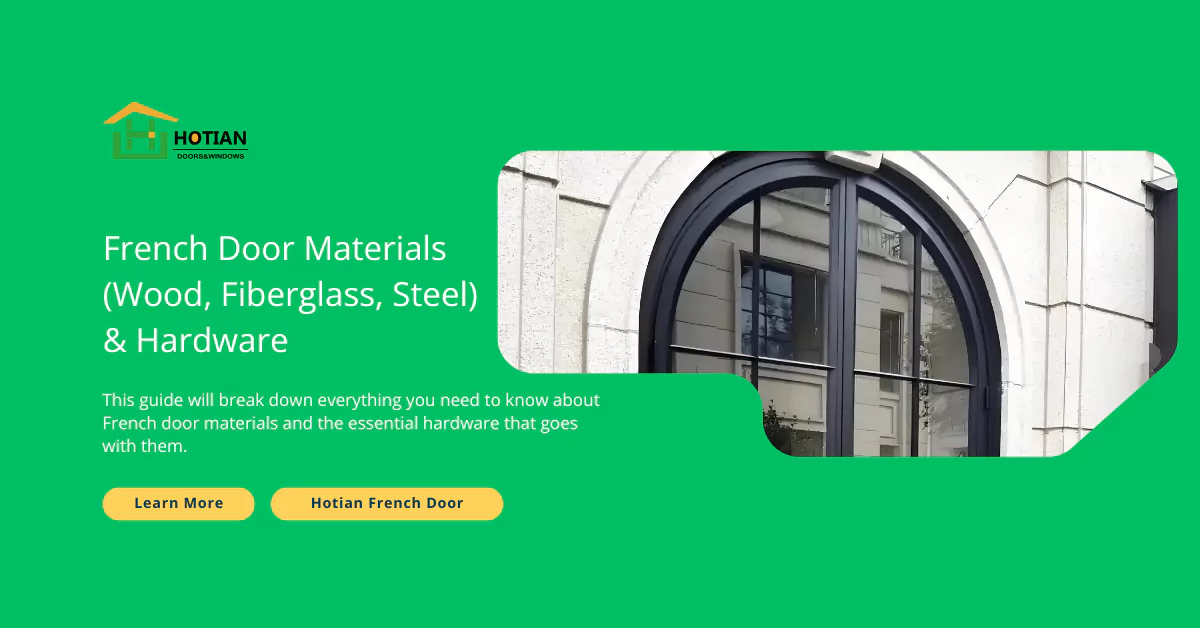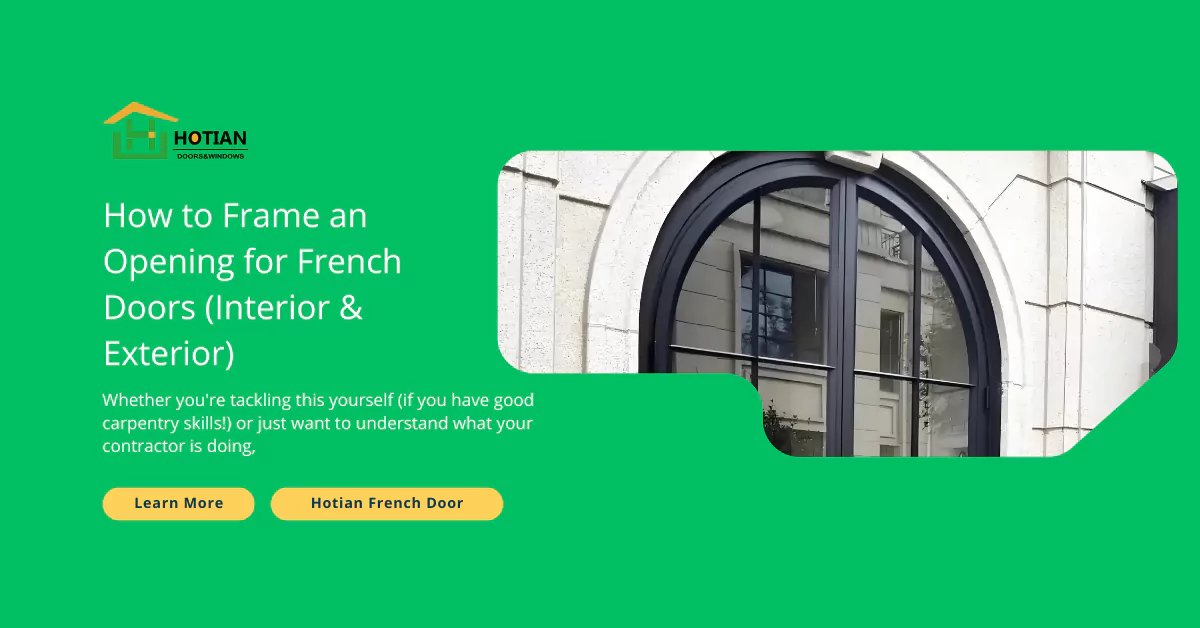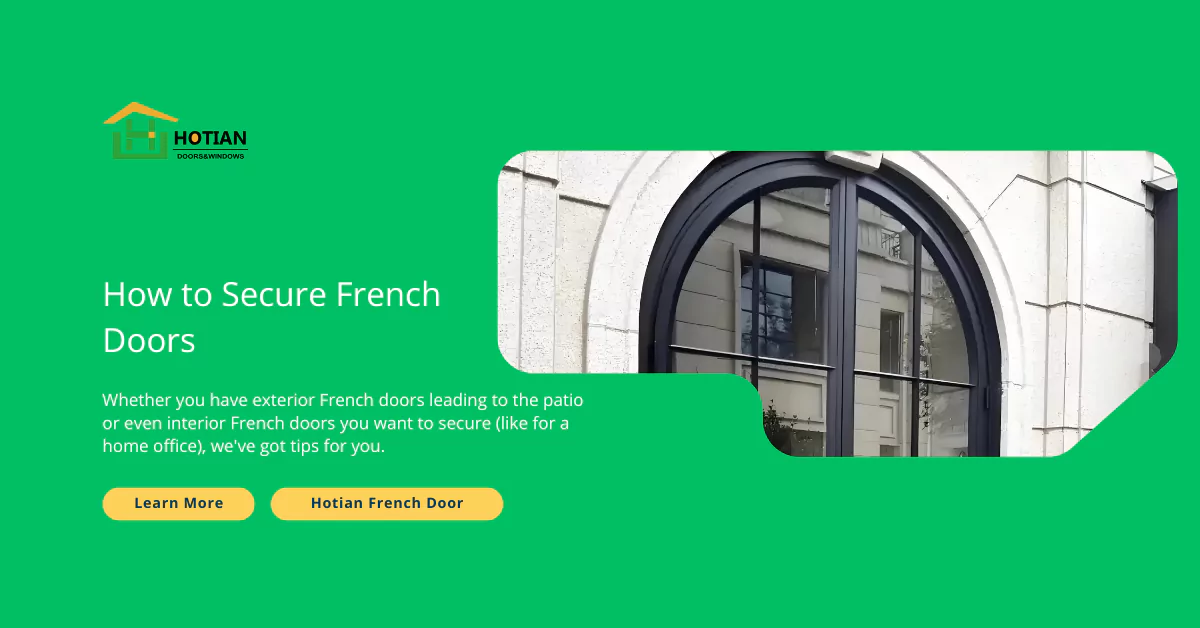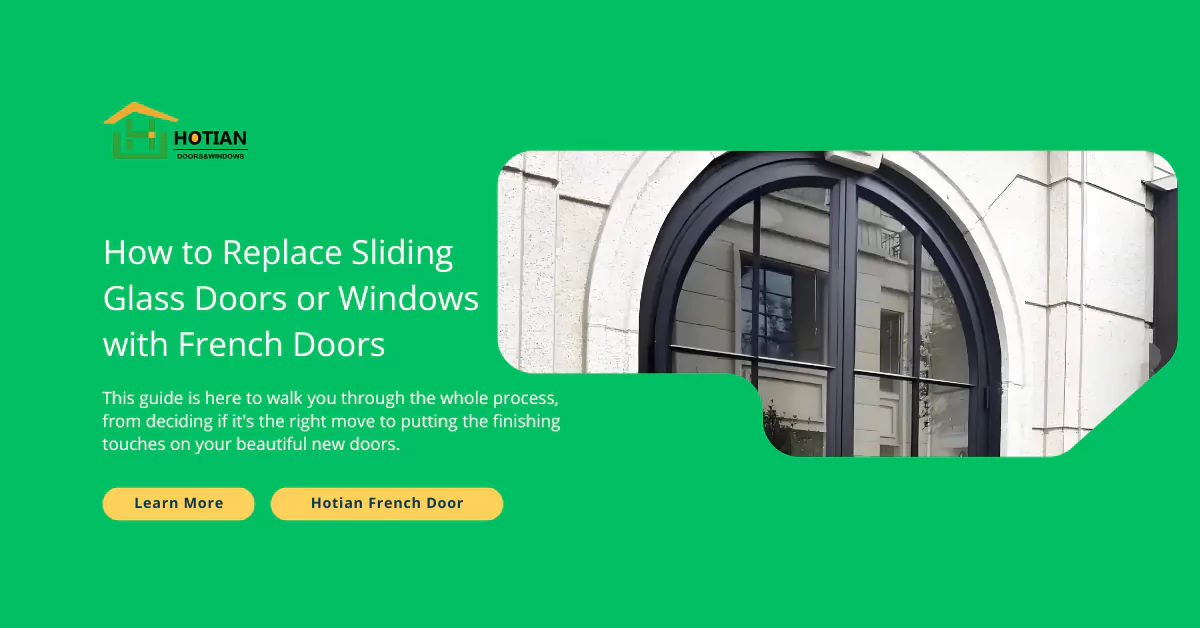When upgrading or replacing windows in your home, choosing between custom and standard windows is crucial. Each option has its pros and cons, but which is truly worth the investment?
This guide will explore the key differences between custom and standard windows, focusing on cost, energy efficiency, durability, aesthetics, and long-term value to help you decide which option suits your needs best.
What Are Custom Windows and Standard Windows?
Before diving into a detailed comparison, it’s essential to understand what differentiates custom windows from standard windows.
- Custom Windows: These are made-to-order windows designed to fit the exact dimensions and specifications of your home. They offer flexibility in terms of size, shape, materials, colors, and additional features like energy-efficient glass or specialized hardware.
- Standard Windows: These are mass-produced windows available in fixed sizes and limited styles. They are often found in big-box stores and are generally more affordable than custom options.
Key Differences Between Custom and Standard Windows
| Feature | Custom Windows | Standard Windows |
|---|---|---|
| Sizing | Tailored to exact measurements | Pre-made in fixed sizes |
| Design Flexibility | Fully customizable (shape, color, style) | Limited design options |
| Energy Efficiency | High-efficiency glass, coatings available | Basic energy efficiency |
| Installation | Requires professional installation | Easier DIY installation |
| Cost | Higher upfront cost | Lower initial cost |
| Durability | More durable due to higher quality control | Moderate durability |
| Lead Time | Longer (6-8 weeks) | Readily available |
Cost Comparison: Custom vs. Standard Windows
One of the most significant factors when deciding between custom and standard windows is cost. Custom windows tend to be more expensive due to their made-to-order nature and the higher quality materials used.
Cost Breakdown
- Custom Windows: The price of custom windows can range from $300 to $4,000 per window depending on factors like size, materials, glazing options (double or triple-pane), and additional features like Low-E coatings or argon gas fills. Installation costs are also typically higher due to the specialized labor required.
- Standard Windows: In contrast, standard windows usually cost between $100 and $400 per window. These prices reflect basic models without advanced energy efficiency or customization options.
While custom windows can cost anywhere from 25% to 75% more than standard options, this higher initial investment often pays off in the long run through energy savings and increased home value.
Is the Higher Cost Justified?
The higher price tag for custom windows is justified by several factors:
- Superior Materials: Custom windows often use higher-quality materials that enhance durability and performance.
- Energy Efficiency: Customization allows you to choose advanced energy-saving features that can reduce heating and cooling costs over time.
- Precision Fit: Custom windows are designed to fit your home perfectly, reducing drafts and improving insulation.
Energy Efficiency: A Major Advantage of Custom Windows
One of the most compelling reasons to opt for custom windows is their superior energy efficiency. With rising energy costs, homeowners are increasingly looking for ways to reduce their utility bills. Custom windows offer several features that make them more energy-efficient than standard models.
Energy-Saving Features
- Double or Triple Glazing: Many custom windows come with double or triple-pane glass filled with inert gases like argon or krypton to provide better insulation.
- Low-E Coatings: These coatings reflect infrared light while allowing visible light to pass through. This helps maintain a consistent indoor temperature by keeping heat out during summer and retaining warmth during winter.
- Thermal Breaks: Some custom window designs include thermal breaks that minimize heat transfer through the window frame.
Standard Windows Energy Efficiency
While some standard windows offer basic energy-efficient features like double glazing, they typically lack advanced options such as Low-E coatings or gas fills. This makes them less effective at reducing energy consumption.
Long-Term Savings
Although custom windows come with a higher upfront cost, their superior insulation can lead to significant savings on heating and cooling bills over time. According to industry experts, homeowners can reduce their energy consumption by up to 30% with high-quality custom windows. Over several years, these savings can offset the initial investment in custom windows.
Durability and Longevity
Another critical factor when choosing between custom and standard windows is durability. Since custom windows are often made with superior materials and craftsmanship, they tend to last longer than standard models.
Custom Window Durability
- High-Quality Materials: Custom windows are typically built using premium materials such as fiberglass or high-grade vinyl that offer better resistance to weathering and wear.
- Precision Manufacturing: Because they are made-to-order, manufacturers have greater control over the production process for custom windows. This results in fewer defects and a longer lifespan.
Standard Window Durability
Standard windows are mass-produced using lower-cost materials like basic vinyl or aluminum. While these materials can still be durable under normal conditions, they may not hold up as well in extreme climates or after years of exposure to harsh weather conditions.
Maintenance Considerations
Custom windows often require less maintenance than standard models due to their superior construction. For example:
- Vinyl or fiberglass frames used in many custom designs are resistant to warping or cracking.
- Advanced weatherstripping reduces air leaks and helps prevent moisture buildup.
In contrast, standard window frames may need more frequent repairs or replacements due to issues like warping or seal failure over time.
Aesthetic Flexibility
For homeowners looking for a unique look that complements their home’s architecture, custom windows offer unparalleled design flexibility.
Customization Options
With custom windows, you can choose from a wide range of:
- Frame materials (wood, vinyl, aluminum)
- Types (Sliding, Single Hung, Picture Window, Casement Window)
- Colors
- Shapes (arches, circles)
- Finishes
- Hardware (handles, locks).
This level of customization allows you to create a cohesive look that enhances your home’s curb appeal while reflecting your personal style.
Standard Window Aesthetics
Standard windows come in limited styles, usually rectangular shapes with basic white frames, and offer fewer customization options. While they may suit homes with simpler designs or those on a budget, they lack the aesthetic versatility of custom options.
Installation Process
The installation process for custom vs. standard windows also differs significantly.
Custom Window Installation
Because each window is made specifically for your home’s dimensions:
- Installation requires professional expertise.
- The process takes longer due to precise fitting requirements.
However, this leads to fewer gaps around the window frame, reducing drafts and ensures optimal performance over time.
Standard Window Installation
Standard windows are easier and cheaper to install since they come in pre-set sizes that fit most openings. However:
- They may not fit perfectly into your home’s existing openings.
- Gaps around the frame may need filling with insulation or sealant, potentially leading to air leaks down the road.
Return on Investment (ROI)
Investing in new windows – whether custom or standard – can increase your home’s value. However, custom windows tend to offer a higher return on investment (ROI) compared to standard models.
Increased Home Value
Homes with high-quality custom windows often receive higher appraisals due to their superior performance in areas like energy efficiency and durability.
Additionally:
- Buyers are willing to pay more for homes with aesthetically pleasing custom features.
In contrast:
- Standard window replacements may not add as much value since they lack unique design elements or advanced features that appeal to buyers looking for long-term benefits.
Resale Appeal
Custom windows can make your home stand out in a competitive real estate market by enhancing both its aesthetic appeal and functionality. Energy-efficient features like Low-E coatings or triple glazing can be particularly attractive selling points for eco-conscious buyers looking for lower utility bills.
Security Features
Security is another area where custom windows have an edge over standard models.
Custom Window Security
With custom designs:
- You can choose reinforced frames made from stronger materials like steel-reinforced vinyl.
- Laminated glass options provide additional protection against break-ins.
These features give homeowners peace of mind knowing their property is well-protected against potential intruders.
Standard Window Security
While some standard models offer basic security features such as locks or tempered glass panes:
- They generally lack advanced security enhancements available through customization.
This makes them less effective at deterring break-ins compared with high-end custom solutions designed specifically with security in mind.
Conclusion: Is It Worth the Investment?
When deciding between custom vs. standard windows for your home renovation project or even new construction, it ultimately comes down to priorities:
Choose Custom Windows If You:
- Want long-term solutions tailored specifically for your home’s needs.
- Prioritize energy efficiency, leading potentially significant savings on utility bills over time.
Frequently Asked Questions:
How do custom windows improve energy efficiency?
Custom windows can be designed with advanced energy-saving features like double or triple glazing, Low-E coatings, and argon gas fills. These features help reduce heat transfer, keeping your home warmer in winter and cooler in summer. Because they are made to fit perfectly into your window openings, custom windows also reduce drafts and air leaks, further improving energy efficiency14.
Can I install custom windows myself?
Custom window installation typically requires professional expertise due to their precise measurements and specialized features. While it’s possible to install standard windows as a DIY project, custom windows usually need professional installation to ensure a perfect fit and optimal performance
What are the aesthetic benefits of custom windows?
Custom windows offer unparalleled design flexibility. You can choose from various shapes (e.g., arches, circles), colors, materials (e.g., wood, vinyl), finishes, and hardware options. This allows you to create a look that perfectly complements your home’s architecture and personal style.
Do custom windows add value to my home?
Yes, installing custom windows can significantly increase your home’s resale value. Potential buyers often appreciate high-quality upgrades like energy-efficient or aesthetically unique windows. Custom windows can also improve curb appeal, making your home more attractive to prospective buyers.
How long does it take to get custom windows made?
The lead time for custom windows is typically longer than for standard ones because they are made-to-order. It can take anywhere from 6-8 weeks for manufacturing and delivery. In contrast, standard windows are usually available immediately or within a few days from most retailers.
Are there security benefits with custom windows?
Yes, many custom window designs allow you to incorporate advanced security features such as reinforced frames, laminated or tempered glass, and high-quality locking mechanisms. These features provide better protection against break-ins compared to basic standard window models.
Can I get replacement parts easily for custom windows?
Replacement parts for custom windows may take longer to source compared to standard models since they are not mass-produced. However, many manufacturers offer warranties or service plans that cover repairs or replacements for several years after installation.
What materials are available for custom window frames?
Custom window frames can be made from various materials including wood (for a classic look), vinyl (for low maintenance), aluminum (for durability), or fiberglass (for strength and insulation). Each material has its pros and cons depending on factors like climate, budget, and aesthetic preferences.
If you plan on staying in your home long-term or want specific design features, custom may be the better choice.
